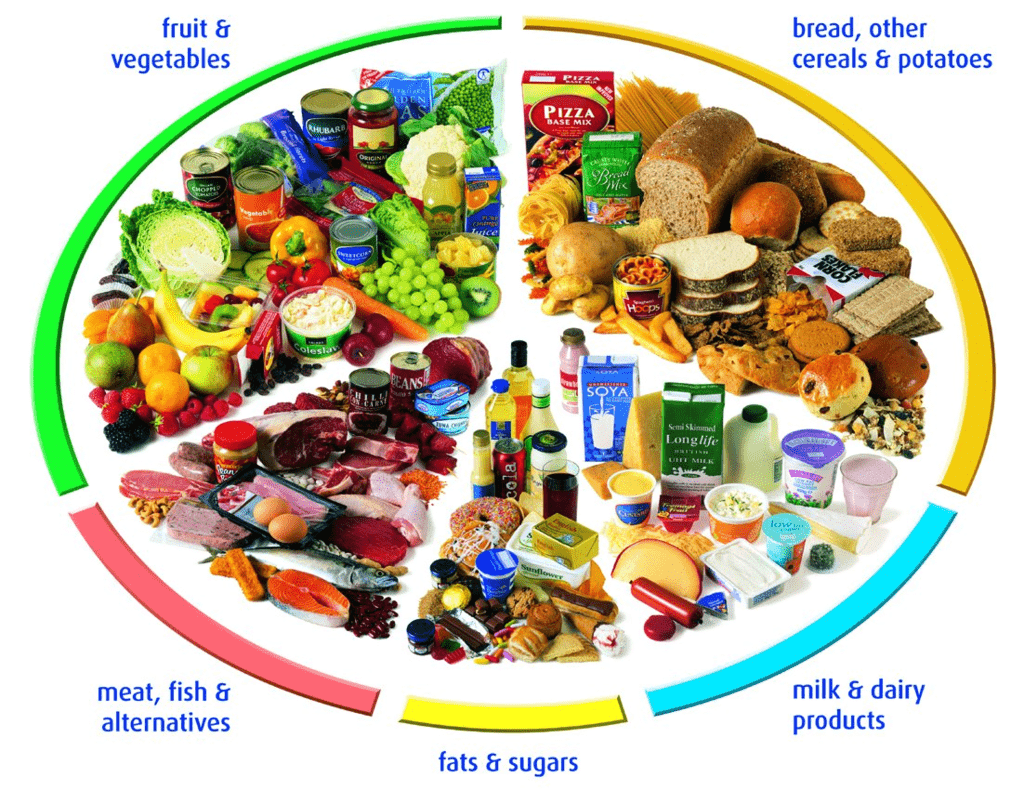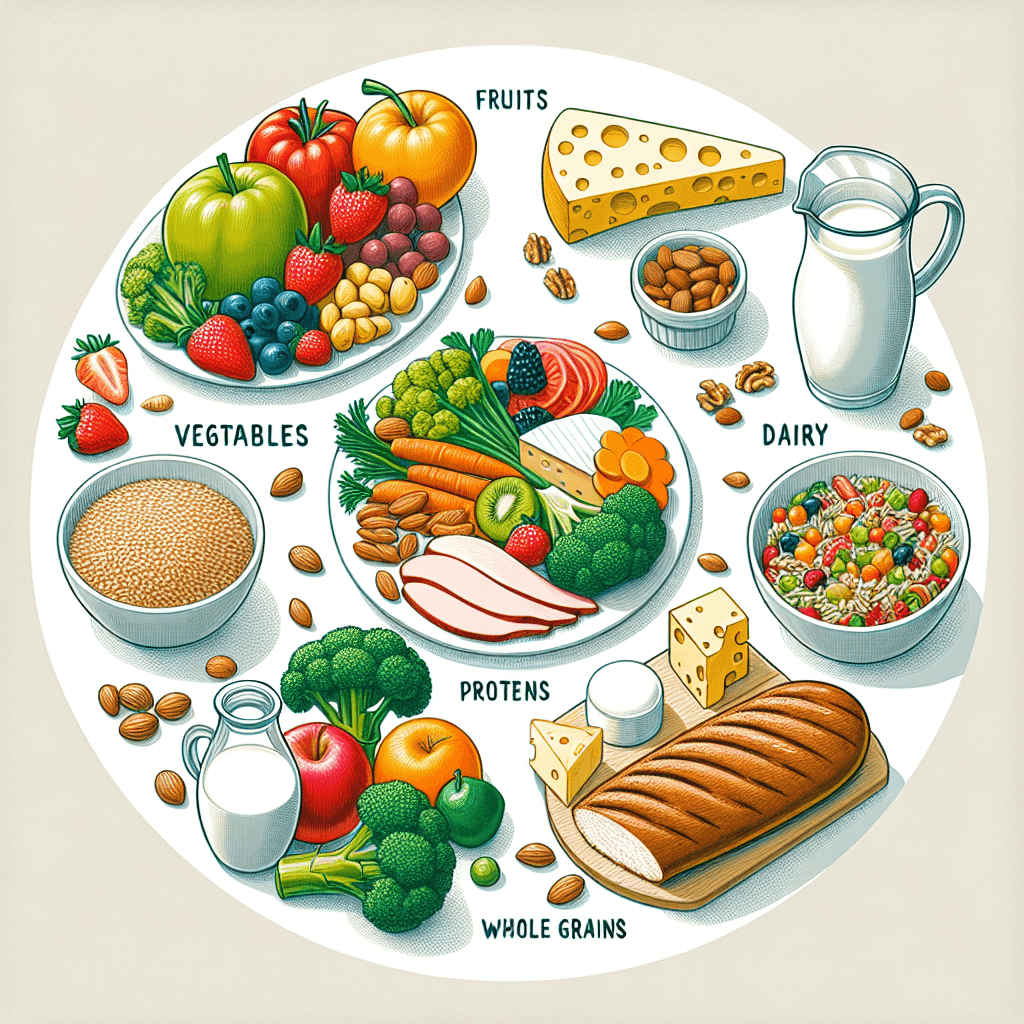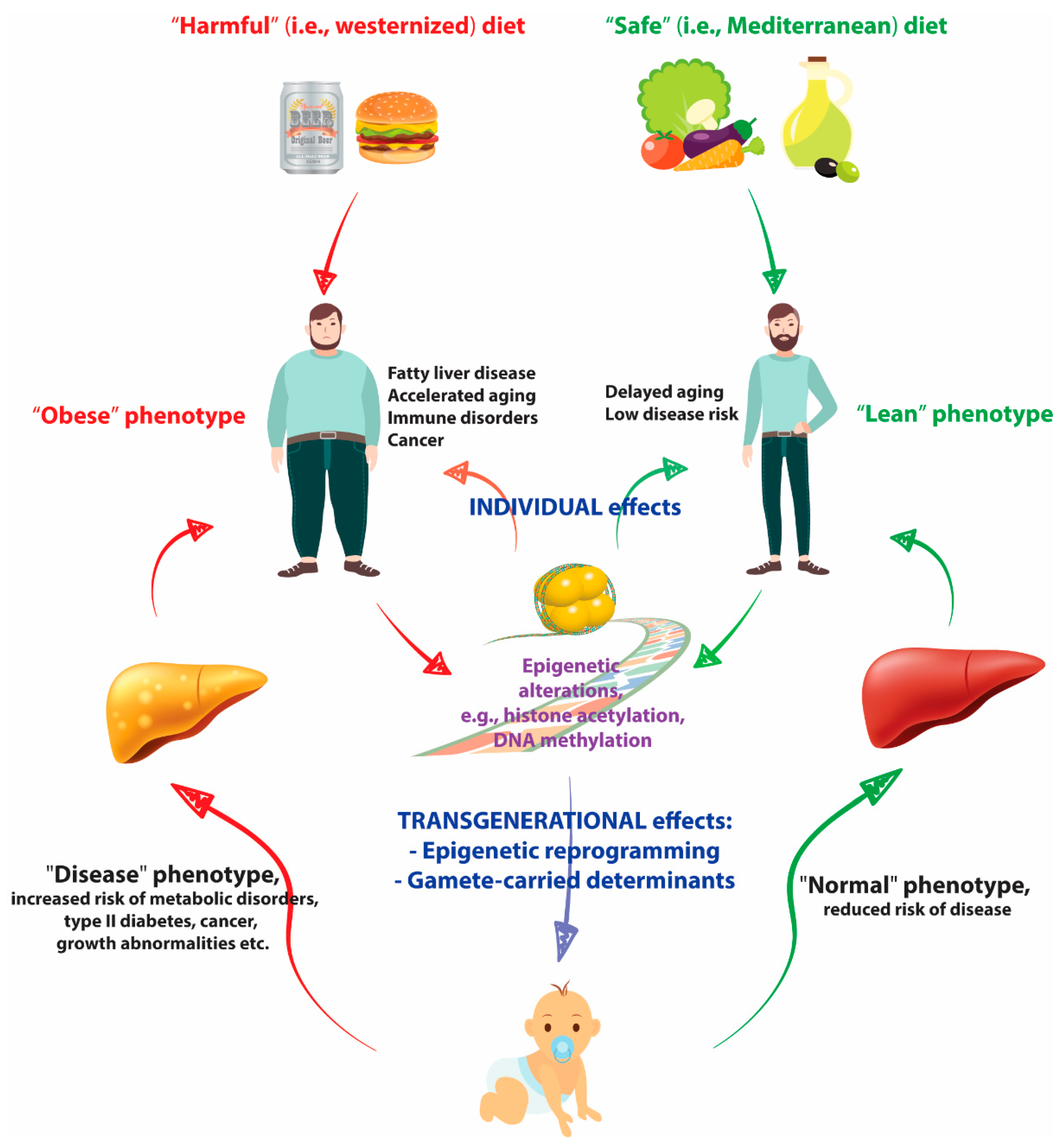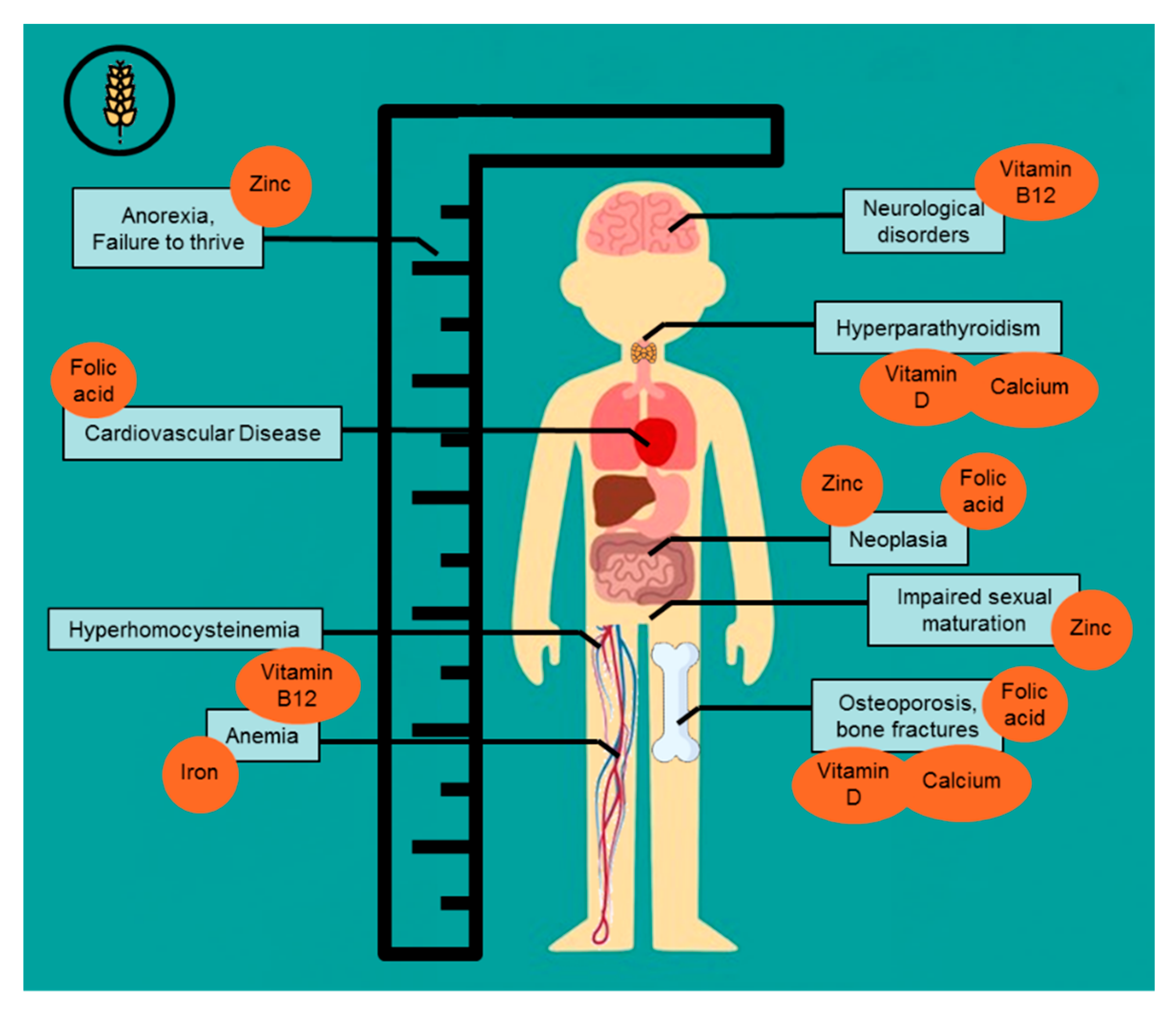Food and Health Chapter Notes | Science Class 5 ICSE PDF Download
| Table of contents |

|
| Introduction |

|
| A Balanced Diet |

|
| Junk Food |

|
| Diseases Related to Our Food Habits and Lifestyle |

|
| Deficiency Diseases |

|
| Food Adulteration |

|
| Points To Remember |

|
| Glossary |

|
Introduction
Food is very important for us because it helps us live, grow, and stay healthy. This chapter teaches us about the different types of food we need to eat to keep our body strong and fit. It explains the five main components of food, how to eat a balanced diet, and why junk food is not good for us. We also learn about diseases that happen if we don’t eat properly and how to prevent them by eating the right food and living a healthy life.

Components of Food
Food has five main parts that help our body grow and stay healthy: Carbohydrates, Proteins, Fats, Vitamins, and Minerals.
We also need roughage and water in our food to keep our body working well.
- Carbohydrates:
- Found in cereals, bread, sugar, potatoes, and fruits.
- They give energy to our body so we can work and play.
- Proteins:
- Found in eggs, fish, milk, cheese, pulses, and beans.
- They help build muscles, grow, and repair our body.
- Proteins are called bodybuilding food.
- Fats:
- Found in milk, milk products, vegetable oils, and nuts.
- They give us more energy than carbohydrates.
- Fats help keep our body warm.
- Fats are called energy-giving food.
- Vitamins:
- Found in green leafy vegetables, fruits, and fish.
- They help our body fight diseases and stay fit.
- Vitamins are called protective food.
- Minerals:
- Found in fresh fruits, vegetables, milk, and eggs.
- They help in the formation of teeth, bones, and blood.
- Minerals are also called protective food.
- Roughage:
- Found in fruits, vegetables, and whole grain foods.
- It helps the digestive system by removing waste from our body.
- Water:
- Found in water itself.
- It helps our body work properly by absorbing nutrients from food.
- Water removes waste from our body through sweat and urine.
A Balanced Diet

- A balanced diet has all the nutrients our body needs in the right amounts, along with roughage and water.
- The amount of food a person needs depends on their age, gender, and body size.
- A food pyramid is a diagram that shows the components of food we should eat every day in a balanced way.
- It is also called a diet pyramid.
- In the food pyramid:
- The bottom part is the biggest and has fruits and vegetables, which we should eat the most.
- The next part has carbohydrates like bread and cereals.
- Above that are proteins like milk, eggs, and meat.
- Then come fats, which we should eat in small amounts.
- The top part is the smallest and has junk food, which we should eat the least.
- Eating according to the food pyramid makes our diet balanced and keeps us fit and healthy.
Importance of Eating a Balanced Diet
- No single food has all the nutrients our body needs.
- Eating a balanced diet helps us get all the essential nutrients to stay healthy.
- A balanced diet makes our body strong to fight infections and diseases.
- With exercise, a balanced diet helps us maintain a healthy body weight.
- It lowers the chances of becoming overweight, which is called obesity.
- A balanced diet gives us energy to be active all day.
- It also improves our concentration and performance.
Ways of Making Our Diet Healthy
- Do not eat fried foods to reduce the amount of fats in your diet.
- Eat a healthy and nutritious breakfast to get energy to stay active all day.
- Add more fibre to your diet; fibre is found in foods like oats, fruits, and vegetables.
- Fibre helps digest food easily.
- Eat more whole grain foods instead of refined or polished foods.
- Include milk, milk products, eggs, and meat in your diet to get proteins.
- Do not add too much salt, sugar, spices, or oil to your food.
- Do not overeat or eat outside food too often.
- Eat sprouts of wheat, gram, mung, beans, and peas; they are good for health because of their high nutrient content.
- Eat fermented foods like idli, dosa, dhokla, and fermented drinks like lassi, yoghurt, and juices regularly; they help in digestion and protect our body from diseases.
- Instead of aerated drinks, drink fresh coconut water, fruit juices, lime water, and other homemade drinks.
- Eat fruits, salads, nuts, or sprouts between meals instead of unhealthy snacks.
- Eat small portions of food at regular intervals.
Junk Food
- Junk food has a high amount of sugar, starch, and fats but a low amount of other nutrients.
- Examples of junk food are snacks, candies, sweets, desserts, fried fast food, potato chips, and sugary soft drinks.
- These foods taste good but do not give any nutritional benefits to our body.
- The extra fat and starch in junk food get stored in the body.
- Eating too much junk food can lead to obesity and other health problems over time.

Adverse Effects of Junk Food
- Eating junk food regularly causes many problems because of the extra fat, starch, and sugar in it.
- It increases the risk of obesity, diabetes, high blood pressure, and other health issues.
- It does not provide enough energy to do work.
- It causes poor digestion and makes us feel lazy.
- It makes us feel full but reduces our intake of healthy and nutrient-rich food.
Diseases Related to Our Food Habits and Lifestyle
- Unhealthy food habits and lifestyle cause many diseases.
- Not eating enough healthy food, eating too much junk food, and not exercising can lead to physical problems.
- Common diseases caused by unhealthy food and lifestyle are obesity, diabetes, high blood pressure, and anemia.

Obesity
- Obesity means being very fat or overweight.
- It happens when we eat unhealthy food and do not do enough physical activities.
- It is a big concern, especially for children and adults.
- Over time, obesity can lead to other health problems like heart diseases and diabetes.
- Common symptoms of obesity are laziness, breathing problems, and difficulty in doing daily activities.
Diabetes
- Diabetes happens when the body cannot use the sugar in the blood properly.
- It is one of the fastest-growing diseases among people.
- Obesity, stress, and lack of physical activity are the main causes of diabetes.
- Too much sugar in the blood can lead to other diseases like heart and blood pressure problems.
- Common symptoms of diabetes are increased thirst, hunger, and the need to urinate often.
High Blood Pressure
- High blood pressure is also called hypertension.
- It is a growing health problem in children and adults.
- It is usually caused by obesity, lack of exercise, disturbed sleep, stress, and too much intake of salty food.
- It can lead to other health problems like heart diseases, stroke, and kidney diseases.
- Common symptoms of high blood pressure are headache, confusion, dizziness, vision problems, chest pain, breathing difficulties, and irregular heartbeat.
Anemia
- Anemia happens when there is a lack of iron in the diet, which is needed to make blood in the body.
- Common symptoms of anemia are headache, dizziness, breathlessness, tiredness, and pale skin.
Prevention of Lifestyle Diseases
- We can prevent lifestyle diseases by making simple changes in our daily habits.
- Eat a balanced diet and avoid junk food that has low nutrient content.
- Eat food in small portions and chew it properly; never skip a meal to stay fit.
- Drink plenty of water to remove wastes from your body; it also helps in absorbing nutrients from food.
- Avoid too much intake of sugar, salt, and fats in your meals.
- Maintain a healthy weight by doing regular exercise.
- Do not spend too much time watching television, working, or playing games on computers and phones.
- Get proper and sufficient sleep of about 6-8 hours daily.
- Go for regular health check-ups to find out the status of your health.
- Do yoga and meditation to remain stress-free and relaxed.
Deficiency Diseases
- Our body needs all nutrients to work properly.
- If there is a lack of any nutrient in the body, it can suffer from diseases.
- Diseases caused by the lack of certain nutrients over a long period are called deficiency diseases.

Some Common Deficiency Diseases
- Kwashiorkor:
- Caused by a lack of proteins, fats, and carbohydrates.
- Symptoms: Swollen stomach, thin legs, swollen ankles and feet, reduced growth, and anemia.
- Diet to prevent: Pulses, eggs, lentils, fish, milk, and rice.
- Marasmus:
- Caused by a lack of proteins and carbohydrates.
- Symptoms: Weight loss, poor muscles, anemia, shrunken eyes, loose and dry skin, and constant thirst.
- Diet to prevent: Pulses, eggs, milk, meat, and cereals.
- Night Blindness:
- Caused by a lack of Vitamin A.
- Symptom: Poor vision in dim light.
- Diet to prevent: Green leafy vegetables, carrots, mangoes, milk, butter, and egg yolk.
- Beriberi:
- Caused by a lack of Vitamin B1.
- Symptoms: Weight loss, weakness, weak muscles, and irregular heartbeat.
- Diet to prevent: Beans, meat, fish, whole grains, nuts, milk, and vegetables.
- Scurvy:
- Caused by a lack of Vitamin C.
- Symptoms: Swollen and bleeding gums.
- Diet to prevent: Citrus fruits and vegetables like oranges, lemons, strawberries, amla, tomatoes, broccoli, and potatoes.
- Rickets:
- Caused by a lack of Vitamin D.
- Symptoms: Soft and weak bones, bow-shaped legs, and weakness.
- Diet to prevent: Milk, milk products, eggs, and fish.
- Exposure to sunlight also helps in preventing rickets because sunlight helps the body make Vitamin D.
- Anemia:
- Caused by a lack of iron.
- Symptoms: Tiredness, dizziness, and weakness.
- Diet to prevent: Green vegetables, apples, banana, liver, and egg yolk.
- Goitre:
- Caused by a lack of iodine.
- Symptoms: Swelling in the neck, poor growth, and development of the body.
- Diet to prevent: Iodised salt and seafood.
Did You Know?
- Eating ice cream may seem like a delicious way to cool off, but it contains high fatty content that warms up the body.
- Green chillies are rich in Vitamin C, which is good for healthy eyes and skin.
Food Adulteration
- Food adulteration means making food or drinks impure and unsafe by adding harmful substances to it.
- It lowers the quality of food and its nutritional content.
- Adulterants are harmful substances added to food; they can cause health problems and affect the quality of life.

Reasons for food adulteration
- To increase the quantity of food.
- To make more profit by selling adulterated food.
- To make food more attractive to buyers.
Common examples of adulterated food
- Milk is often mixed with water, sugar, or chalk to increase its quantity.
- Honey is mixed with water and sugar to make it more in quantity.
- Spices like turmeric powder, black pepper, and chili powder are mixed with brick powder.
- Rice is mixed with small stones to increase its weight.
- Other adulterated items in the market include vegetable oil, ghee, sweets, sauces, and coffee powder.
Points To Remember
- There are 5 main components of food—carbohydrates, fats, proteins, vitamins, and minerals.
- The amount of food a person needs depends on their age, gender, and body size; it is very important to have a healthy and balanced diet.
- Eating junk food regularly causes extra fat and starch to get stored in the body; this can have bad effects on our health.
- Unhealthy food and lifestyle habits are the main causes of lifestyle diseases; the most common are obesity, diabetes, high blood pressure, and anemia.
- Lack of nutrients in the diet over a long period of time causes deficiency diseases.
- Food adulteration decreases the quality of food and also lowers its nutritional content.
Glossary
- Nutrients: Components of food that help our body grow strong and healthy.
- Balanced diet: A diet that contains all the nutrients in balanced amounts along with roughage and water for the proper functioning of our body.
- Food pyramid: A pyramid-shaped diagram that shows the components of food to be eaten every day in a balanced way.
- Junk food: Any food that contains a high amount of sugar, starch, and fats with a low amount of other nutrients.
- Lifestyle diseases: Diseases that are caused due to the lack of certain nutrients in the diet over a long period of time.
- Deficiency diseases: Diseases that are caused due to the lack of certain nutrients in the diet over a long period of time.
- Food adulteration: The action of making food or drink impure and unsafe by adding unwanted substances to it.
- Adulterant: Any substance that decreases the purity and quality of food.
|
48 docs|11 tests
|
FAQs on Food and Health Chapter Notes - Science Class 5 ICSE
| 1. What is a balanced diet and why is it important for health? |  |
| 2. What are the dangers of consuming junk food? |  |
| 3. What are deficiency diseases, and how can they be prevented? |  |
| 4. How can food adulteration affect health? |  |
| 5. What lifestyle changes can help prevent diseases related to food habits? |  |




















